Neurodivergence and Chemsex Misuse
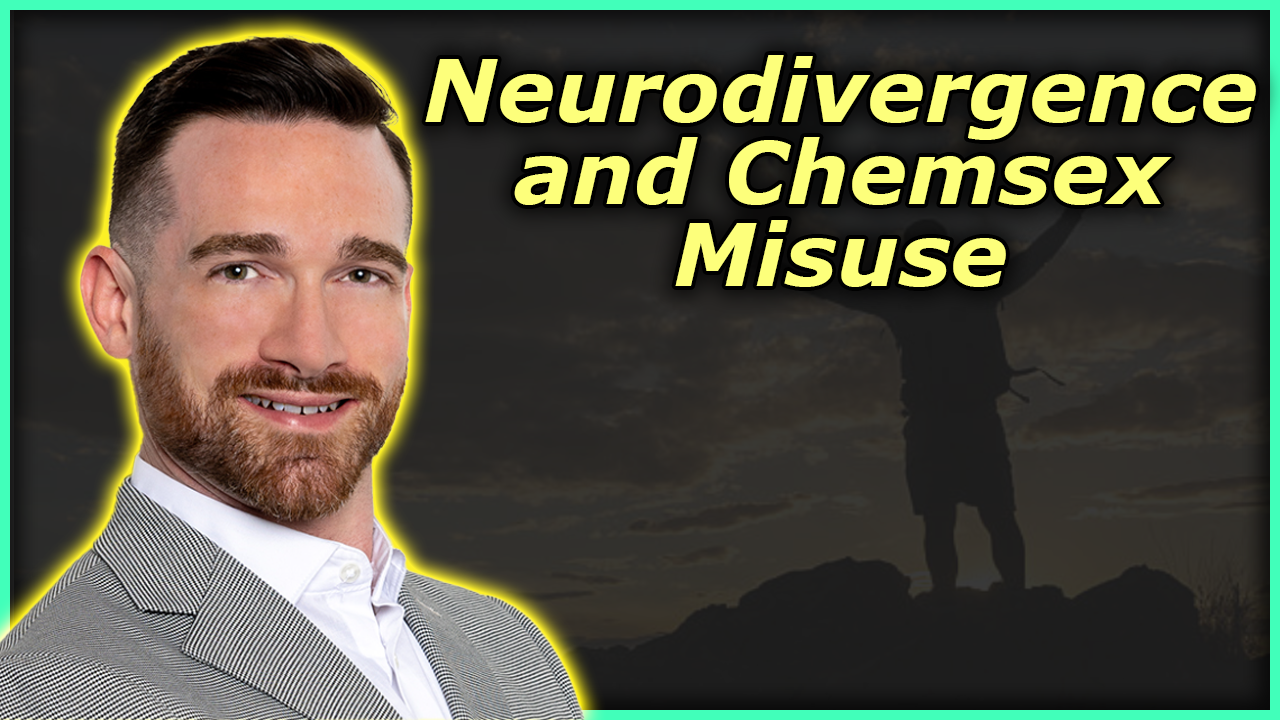
The relationship between ADHD and chemsex addiction is far more complex and intertwined than many realize. In this conversation, Brian Molloy—a mental health counselor, person in recovery, and someone diagnosed with ADHD in his late 30s—offers a unique perspective on how neurodiversity and addiction intersect in the lives of gay men.
For those navigating recovery from chemsex addiction, understanding whether ADHD plays a role in your story isn't just about getting a diagnosis. It's about understanding why you used, how your brain works, and what kind of support you actually need to build a sustainable recovery. This isn't about excuses or labels—it's about equipping yourself with the knowledge to heal more effectively.
Brian's journey from classical singer and nightlife professional to mental health professional exemplifies what he calls being a "wounded healer"—someone who has walked through the battlefield and carries the scars, now using that experience to guide others through their own recovery.
The Unique Landscape of Chemsex Addiction
Before diving into ADHD specifically, it's essential to acknowledge what makes chemsex different from other forms of addiction. As both Dallas and Brian emphasize in their conversation, when you're talking about men who have sex with men and crystal meth use, you're entering a distinct world that requires specialized understanding.
Chemsex isn't just about getting high—it's about the fusion of sexual behavior, identity, community connection, and substance use in ways that create unique patterns of addiction. The shame, secrecy, and intensity of chemsex can be difficult for therapists who haven't experienced it to fully grasp. As Brian notes, there's a level of psychological safety that comes from working with someone who has "been there" and understands the reality without judgment or shock.
This matters because when gay men seek help for addiction, they're often carrying layers of trauma that include internalized homophobia, rejection from family or religious communities, experiences of discrimination, and the particular pressures of gay male culture. When ADHD enters the picture, it adds another dimension to an already complex situation.
The isolation that comes with chemsex—using alone, hiding use from friends, the shame spiral that follows—can be particularly intense for someone with undiagnosed or unmanaged ADHD. Understanding this intersection isn't just academic; it's potentially life-saving.
The Connection Between ADHD and Addiction
One of the most significant revelations from Brian's story is the genetic and neurological connection between ADHD and addiction.
ADHD has been found to run in families, and people with ADHD are at significantly higher risk for developing substance use disorders. Research suggests that up to 25% of adults seeking treatment for substance abuse have ADHD, and conversely, people with ADHD are nearly three times more likely to develop addiction compared to those without the condition.
But why? The answer lies in how ADHD affects the brain's dopamine system. People with ADHD have lower baseline levels of dopamine and less efficient dopamine receptors. This creates a constant state of seeking stimulation—something, anything, to make the brain feel "normal" or engaged. Crystal meth floods the brain with dopamine, temporarily solving the problem of understimulation that people with ADHD have been living with, often unknowingly, their entire lives.
Brian's insight that more people are using crystal meth "less for chemsex and more just to function, as sort of an Adderall kind of effect" is crucial. This is self-medication, not just recreational use. These individuals may have discovered, through tragic trial and error, that stimulants help them focus, feel motivated, or simply feel okay. Without proper diagnosis and treatment, they turn to street drugs because, in a twisted way, those drugs are the only thing that makes their brain work the way they need it to.
This understanding doesn't excuse the behavior, but it does explain it—and more importantly, it points toward more effective treatment. You can't just treat the addiction and ignore the ADHD, because the ADHD is often driving the use.
Self-Medication: When Crystal Meth Becomes a Coping Mechanism
The pattern of self-medication is particularly insidious because it works—at least initially. For someone with undiagnosed ADHD, using crystal meth might be the first time they've ever felt "normal." They can focus. They can finish tasks. They feel motivated and capable. The chaos in their mind quiets down.
In the context of chemsex, this can be even more complicated. Sex becomes hyperfocused, intense, and all-consuming in a way that quiets the ADHD mind. The combination of the drug and the sexual activity creates a perfect storm of dopamine that nothing else in their life can match.
Brian speaks to this when discussing how he kept himself occupied when he wasn't using—constantly doing things, working multiple jobs, staying busy. This is classic ADHD behavior: the constant need for stimulation and the difficulty with being still or bored. When crystal meth entered the picture, it became a one-stop solution for the understimulation, the restlessness, and the sense of always being "less than" or not quite measuring up.
The tragedy is that self-medication with street drugs comes at an enormous cost. While it might temporarily address ADHD symptoms, it brings with it addiction, health consequences, legal problems, relationship destruction, and often a deepening of the very shame and self-worth issues that may have contributed to the ADHD going undiagnosed in the first place.
For gay men, the additional layer of chemsex complicates things further. The sexual experiences on crystal meth can become so intense that sober sex feels impossible or inadequate. The drug becomes intertwined not just with functioning in daily life but with sexual identity and intimacy itself.
Understanding this pattern is critical for recovery. If someone is using crystal meth to self-medicate undiagnosed ADHD, simply removing the drug without addressing the underlying neurodevelopmental condition is setting them up for struggle and potential relapse. Their brain still has the same dopamine deficiency, the same executive functioning challenges, and the same difficulty with emotional regulation. Without proper treatment for ADHD, recovery becomes exponentially harder.
The Importance of Proper Diagnosis vs. Self-Diagnosis
In an era where ADHD has become part of popular discourse—with social media posts, memes, and widespread discussion—it's increasingly common for people to self-identify as having ADHD without formal evaluation. Brian addresses this directly, making a clear distinction between self-diagnosis and clinical diagnosis.
While increased awareness has helped many people recognize they might have ADHD and seek help, self-diagnosis can also lead to misunderstanding, incorrect treatment, and missed opportunities to address what's actually going on. Brian emphasizes that proper evaluation by a clinician who knows what they're looking for is essential.
ADHD symptoms overlap significantly with other conditions including depression, anxiety, bipolar disorder, borderline personality disorder, and even complex trauma. A good clinician doesn't just look for ADHD symptoms—they rule out other conditions, look for comorbidities (conditions that exist alongside ADHD), and understand the nuanced ways ADHD presents differently in adults versus children, and in different populations.
For example, rejection sensitivity dysphoria (RSD)—which Brian discusses extensively—exists in ADHD but also appears in borderline personality disorder and bipolar disorder. Without proper assessment, someone might focus on one explanation for their symptoms while missing the full picture.
Brian notes that ADHD often gets overlooked and misdiagnosed as depression or anxiety. This makes sense when you consider that living with undiagnosed ADHD can cause depression and anxiety. The constant experience of underperforming, forgetting things, letting people down, struggling with basic tasks that seem easy for others, and feeling like something is fundamentally wrong with you—all of this creates legitimate anxiety and depression.
The assessment process matters because treatment differs depending on what's actually happening. If someone has ADHD with comorbid anxiety (which affects 25-50% of people with ADHD), they may need different treatment than someone with anxiety alone. If someone has been self-medicating ADHD with crystal meth, they may benefit from prescribed stimulant medication as part of their recovery plan—but only if they've been properly assessed and diagnosed.
This is where working with someone who has expertise in both ADHD and addiction becomes crucial. The intersection of these conditions requires specialized knowledge and a trauma-informed approach that considers the whole person, not just isolated symptoms.
Rejection Sensitivity Dysphoria: The Hidden Wound
One of the most powerful aspects of Brian's interview is his discussion of rejection sensitivity dysphoria (RSD)—a term many people have never heard, yet describes an experience that may have defined much of their emotional life.
RSD is an extreme emotional sensitivity to perceived rejection, criticism, or failure. For people with ADHD, even minor social slights can feel catastrophic. A text message left on read can spiral into hours or days of rumination. A perceived tone in someone's voice can trigger intense emotional pain. The fear of rejection can be so overwhelming that it prevents people from trying new things, pursuing relationships, or taking risks.
For gay men, who may have already experienced significant rejection around their sexual identity, RSD can be particularly devastating. Rejection from family, religious communities, or society at large for being gay creates wounds that RSD amplifies. Add in the rejection and judgment that often comes with addiction, and you have a perfect storm of emotional pain.
In the context of chemsex, RSD can drive use in several ways. Crystal meth can temporarily numb the intense emotional pain of perceived rejection. It can provide confidence and disinhibition that makes social and sexual connection feel possible. It can quiet the constant internal voice saying "you're not enough" or "they don't really want you."
Brian's explanation that RSD isn't just about actual rejection but perceived rejection is crucial. The ADHD brain is wired to be hypersensitive to social cues, often interpreting neutral interactions as negative. This creates a reality where someone lives in a constant state of bracing for rejection, experiencing rejection that isn't actually happening, and then dealing with the intense emotional aftermath.
Understanding RSD can be revolutionary for people in recovery. It helps explain why certain situations feel unbearable, why they might avoid social connection even while desperately wanting it, and why recovery—which involves rebuilding relationships and facing judgment—can feel so emotionally overwhelming.
The key is learning that RSD is a feature of ADHD, not a character flaw. It's neurological, not a personal failing. With proper treatment, including possibly medication and definitely therapy, RSD can be managed. People can learn to recognize when they're experiencing RSD, challenge the thoughts it generates, and develop healthier coping mechanisms than using drugs to escape the pain.
The "Wounded Healer" Perspective
Brian's identification as a "wounded healer"—someone who has been through the battlefield and carries the scars—represents a powerful model for recovery work. His lived experience with both addiction and ADHD gives him a depth of understanding that can't be gained through textbooks alone.
There's something profound that happens when someone in recovery works with a therapist or coach who has walked the same path. As Brian describes, there's a level of understanding where you don't have to explain everything. The eyebrow raise or squinted eyes isn't confusion—it's recognition, connection, and the work of fitting pieces together.
For gay men dealing with chemsex addiction, this shared experience creates crucial psychological safety. The things that might shock a straight therapist or someone without addiction experience simply don't faze Brian. Clients don't have to worry about judgment or having to educate their therapist about their reality. They can speak freely about the particularities of gay male sexual culture, the specifics of how crystal meth affects sex, the shame spirals that are unique to this experience.
The wounded healer model also normalizes the idea that recovery isn't about becoming perfect or erasing your past. Brian's father died with 14 or 15 years of sobriety—not as someone who had eliminated his genetic predisposition to addiction, but as someone who had learned to live with it in healthy ways. Brian himself continues to navigate ADHD and maintain his recovery while building a professional career helping others.
This perspective challenges the stigma around both addiction and mental health conditions. It demonstrates that these experiences, while painful, can also become sources of strength, wisdom, and deep empathy. The very things that once caused suffering can be transformed into tools for healing—both for oneself and for others.
For those in recovery, seeing someone like Brian who has come through the other side and is thriving provides hope. It shows that recovery is possible, that a meaningful life is possible, and that your struggles don't define your worth or potential.
Comorbidity: When Multiple Conditions Coexist
Brian's discussion of comorbidity—the presence of multiple conditions simultaneously—is essential for anyone seeking to understand their own mental health and addiction. The statistics he shares are striking: 25-50% of people with ADHD also have an anxiety disorder, and 18-53% have depression.
This matters because treating one condition while ignoring the others is unlikely to be successful. If someone has ADHD, anxiety, and addiction, all three need to be addressed, and the treatment plan needs to account for how they interact with each other.
The question of "what came first" is also crucial. As Brian notes, often the anxiety or depression is actually a result of struggling with undiagnosed ADHD. Imagine living your entire life feeling like you're not measuring up, forgetting important things, struggling with tasks that seem easy for everyone else, and being told you're lazy or not trying hard enough. That creates real anxiety and depression.
Similarly, the addiction might have started as self-medication for the ADHD, which then caused additional anxiety and depression, which might have led to more drug use. The interplay between these conditions creates complex patterns that require careful unraveling.
For someone in recovery from chemsex addiction, understanding comorbidity can be validating and empowering. It means that the difficulty they're experiencing isn't a sign that they're failing at recovery—it might be a sign that there are underlying conditions that need attention. Getting sober doesn't automatically resolve ADHD, anxiety, or depression. These conditions need their own treatment.
Brian's emphasis on proper evaluation becomes even more important when considering comorbidity. A thorough assessment doesn't just identify ADHD—it looks for everything else that might be happening and creates a comprehensive treatment plan that addresses the whole picture.
Navigating Recovery with ADHD
Perhaps the most practical aspect of this conversation is the acknowledgment that recovery looks different when ADHD is in the picture. Traditional recovery programs and approaches may not work as well for someone with ADHD, not because they're not committed, but because their brain works differently.
People with ADHD might struggle with aspects of traditional recovery that others take for granted. Attending regular meetings requires consistency and routine, which can be challenging with ADHD. Sitting still for an hour-long meeting might feel unbearable. Remembering to work steps or complete assignments requires executive functioning that ADHD impacts. Reading recovery literature might be difficult if reading comprehension and focus are affected.
This doesn't mean people with ADHD can't recover—it means they might need adaptations and accommodations. This could include:
- Shorter, more frequent check-ins rather than long weekly sessions
- Visual aids and written reminders for recovery tasks
- Movement-friendly recovery activities like walking meetings
- Medication to help manage ADHD symptoms (under proper medical supervision)
- Extra accountability and structure from recovery support
- Understanding that time blindness and forgetfulness aren't character defects
Brian emphasizes that there are differences in how recovery might need to be approached. This isn't about making excuses—it's about being strategic and realistic. Someone with ADHD who understands their challenges can build a recovery plan that works with their neurology rather than fighting against it.
It's also important to address the role of medication in recovery. For some people with ADHD, prescribed stimulant medication (like Adderall or Vyvanz) can be an essential part of treatment, even in recovery from stimulant addiction. This requires careful medical supervision and honest communication with treatment providers, but it's possible. The key difference is that prescribed medication at therapeutic doses works differently in the brain than crystal meth abuse.
Building Compassion and Reducing Stigma
Throughout the interview, both Dallas and Brian emphasize the importance of compassion, empathy, and reducing stigma—both in how we treat others and how we treat ourselves.
Brian's statement near the end is powerful: "We have enough trauma. Being in recovery, we have enough trauma. We do not need to add additional bullshit into people's lives, especially for people who just want to throw more stigma. Let's be more compassionate and empathetic to each other."
For gay men in recovery, this message is vital. The queer community can be harsh and judgmental, even toward its own members. There's stigma around addiction, stigma around mental health conditions, stigma around not being "together" enough or successful enough. This internalized stigma can be as damaging as external discrimination.
Understanding ADHD and its relationship to addiction can help reduce self-judgment. It provides context for behaviors and struggles that someone might have been beating themselves up over for years. It doesn't excuse harmful actions, but it does explain them—and that explanation can be the foundation for both accountability and self-compassion.
Dallas's acknowledgment of his own biases about ADHD, and his willingness to have those biases challenged and changed, models the kind of openness that's needed in recovery communities. We all have biases and blind spots. The willingness to learn, to listen, and to adjust our understanding is what creates space for genuine healing.
For those supporting someone with ADHD in recovery, this conversation emphasizes the importance of patience and understanding. What looks like laziness might be executive dysfunction. What looks like not caring might be time blindness or difficulty with emotional regulation. What looks like self-sabotage might be RSD-driven avoidance.
This doesn't mean accepting harmful behavior without boundaries. It means approaching the person with curiosity rather than judgment, asking "what's happening for you?" rather than assuming the worst, and recognizing that recovery is a process of learning to work with your brain rather than against it.
Moving Forward: Hope and Healing
The conversation between Dallas and Brian ultimately offers hope. Brian's journey from addiction and undiagnosed ADHD to recovery, graduate education, and professional practice demonstrates that change is possible. His father's 14-15 years of sobriety before his passing shows that long-term recovery is achievable.
For gay men navigating both chemsex addiction and potential ADHD, the path forward involves several key elements:
Seeking proper evaluation: If you suspect you might have ADHD, work with a qualified professional who can conduct a thorough assessment and rule out or identify any comorbid conditions.
Finding knowledgeable support: Look for therapists, coaches, and recovery support that understands both addiction and ADHD, ideally with specific experience in chemsex and LGBTQ+ issues.
Developing self-understanding: Learn about how ADHD affects you specifically. Understand your triggers, your patterns, and your needs.
Building appropriate strategies: Create recovery and life management strategies that work with your neurology rather than against it.
Practicing self-compassion: Recognize that having ADHD isn't a moral failing. Your struggles are real, and they're not your fault—though your recovery is your responsibility.
Staying curious: As Dallas models in his podcast, approach your own mental health and recovery with curiosity rather than judgment. Keep learning, keep asking questions, keep growing.
Connecting with community: Find others who understand both aspects of your experience. Whether through support groups, therapy groups like Brian's "Mending Hearts, Mending Men," or informal community connections, you don't have to navigate this alone.
Recovery from chemsex addiction when ADHD is part of your story isn't simple, but it is absolutely possible. With proper support, accurate diagnosis, appropriate treatment, and self-compassion, you can build a life that isn't defined by either addiction or ADHD, but rather by your resilience, growth, and authentic self.
Reflective Questions
- Reflecting on your own drug use patterns: When you think about your crystal meth use, do you notice times when it helped you focus, function, or feel "normal" rather than just getting high? How might this relate to potential underlying ADHD symptoms?
- Examining rejection sensitivity: Can you identify moments in your life when perceived rejection—whether real or imagined—felt absolutely unbearable? How did you cope with those feelings, and did substances play a role in managing that pain?
- Considering self-diagnosis vs. professional evaluation: Have you self-identified as having ADHD, or do you have a formal diagnosis? What fears or barriers might be preventing you from seeking proper evaluation, and how might a clear understanding of your neurology support your recovery?
- Exploring the intersection of identities: How has being a gay man shaped your experience with addiction? How might your sexual identity, experiences of homophobia or rejection, and participation in gay culture have intersected with potential ADHD symptoms?
- Assessing your recovery approach: Looking at your current or past recovery efforts, do you notice ways that potential ADHD might be making certain aspects of recovery more challenging? What adaptations or accommodations might help you succeed?
Journal Prompts
- Write about a day in your life: Describe in detail a typical day when you were using crystal meth regularly. What did the drug help you accomplish? When did you use it—before work, before social situations, before sex, or at other specific times? What does this pattern tell you about what you might have been trying to solve or manage?
- Explore your childhood and adolescence: Before you ever used crystal meth, what challenges did you face in school, work, or relationships? Did you struggle with focus, organization, or completing tasks? Did you feel different from others, like you had to work twice as hard to achieve the same results? How might these early experiences have set the stage for your later relationship with stimulants?
- Map your rejection experiences: Create a timeline of significant rejection experiences in your life, starting from childhood. Include both explicit rejections (being told you're not good enough, not wanted, etc.) and perceived rejections (times you interpreted situations as rejection even if they weren't explicitly stated). Notice patterns in how you responded to these experiences and whether substances became part of your coping strategy.
- Imagine proper support: If you could create the perfect support system for yourself in recovery—one that truly understood ADHD, addiction, and the specific challenges of being a gay man—what would it look like? Who would be in it? What kind of understanding and accommodations would they offer? What specific things would they help you with? Now, what steps can you take to create elements of this support system in your real life?
- Letter to your unmedicated brain: Write a letter to your brain, acknowledging all the ways it has struggled, all the times it couldn't do what you needed it to do, all the pain that came from not having the right support or treatment. Offer it compassion, understanding, and appreciation for getting you this far despite the challenges. What does your brain need to hear from you?
Action Exercises
- Seek a comprehensive evaluation: If you haven't been formally assessed for ADHD, research qualified mental health professionals in your area who specialize in adult ADHD assessment and have experience with LGBTQ+ populations and/or addiction. Schedule an initial consultation. Bring a list of symptoms, challenges, and patterns you've noticed, including your history with substance use. Ask specifically about how they assess for ADHD while ruling out other conditions.
- Track your patterns for one week: Keep a detailed log for seven days noting: times when you felt restless or understimulated, moments when focusing was difficult, instances of forgetfulness, situations that triggered intense emotional reactions, and any urges to use or memories of times you would have used. Look for patterns in timing, triggers, and circumstances. This information can be valuable for treatment providers and for your own understanding.
- Create an ADHD-friendly recovery toolkit: Based on what you've learned about ADHD, design specific strategies that work with your neurology. This might include: setting phone alarms for recovery-related tasks, using visual reminders for meetings or check-ins, creating a body-doubling system where you work on recovery tasks alongside someone else (even virtually), breaking larger recovery goals into tiny, manageable steps, or finding movement-based recovery activities. Implement at least three new strategies this week.
- Build your wounded healer network: Identify and reach out to at least two people who have lived experience with both ADHD and addiction recovery. This might be through support groups (like SMART Recovery or ADHD-specific support groups), online communities, or by asking your therapist for referrals to group therapy. The goal is to connect with others who understand both aspects of your experience and can offer peer support and shared wisdom.
- Practice RSD awareness and response: For the next two weeks, when you notice intense emotional reactions to perceived rejection or criticism, pause and ask yourself: "Is this rejection sensitivity dysphoria? What evidence do I have that this rejection is real? What other explanations might there be for this situation?" Write down each instance and how you chose to respond. Over time, notice whether you can create a small gap between the RSD trigger and your response, allowing for more measured reactions rather than impulsive ones (including impulsive drug use).
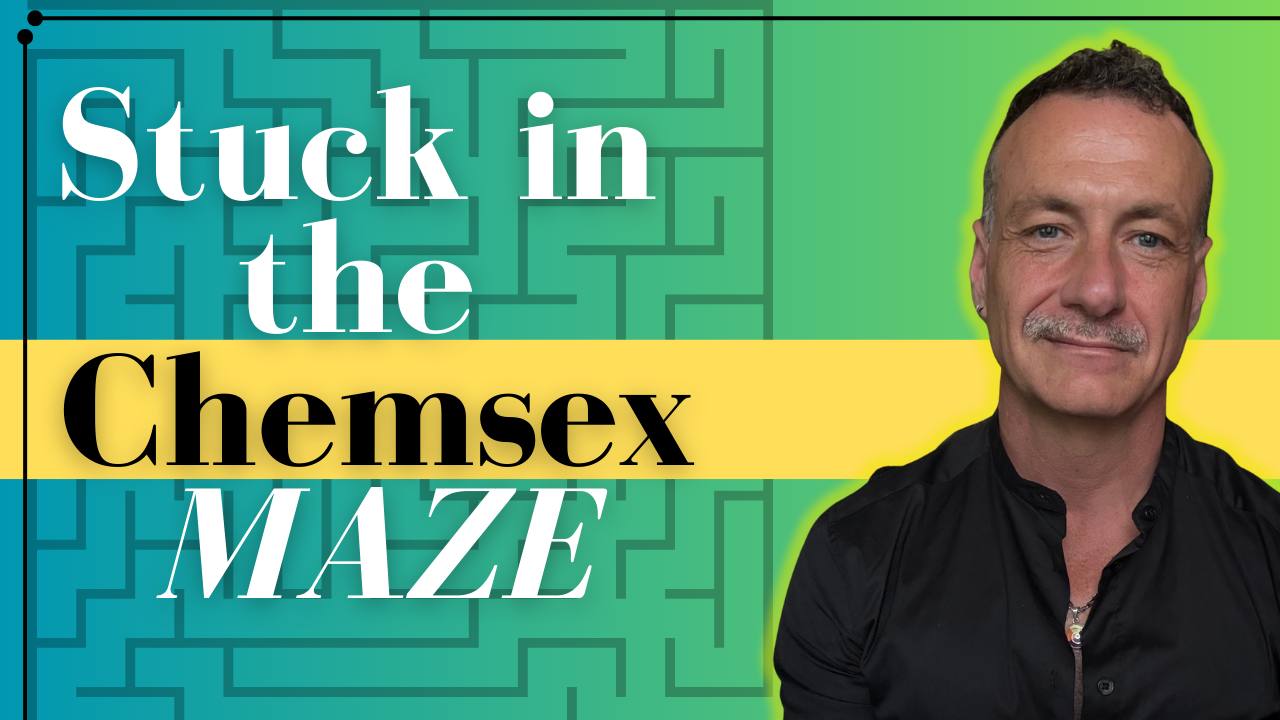
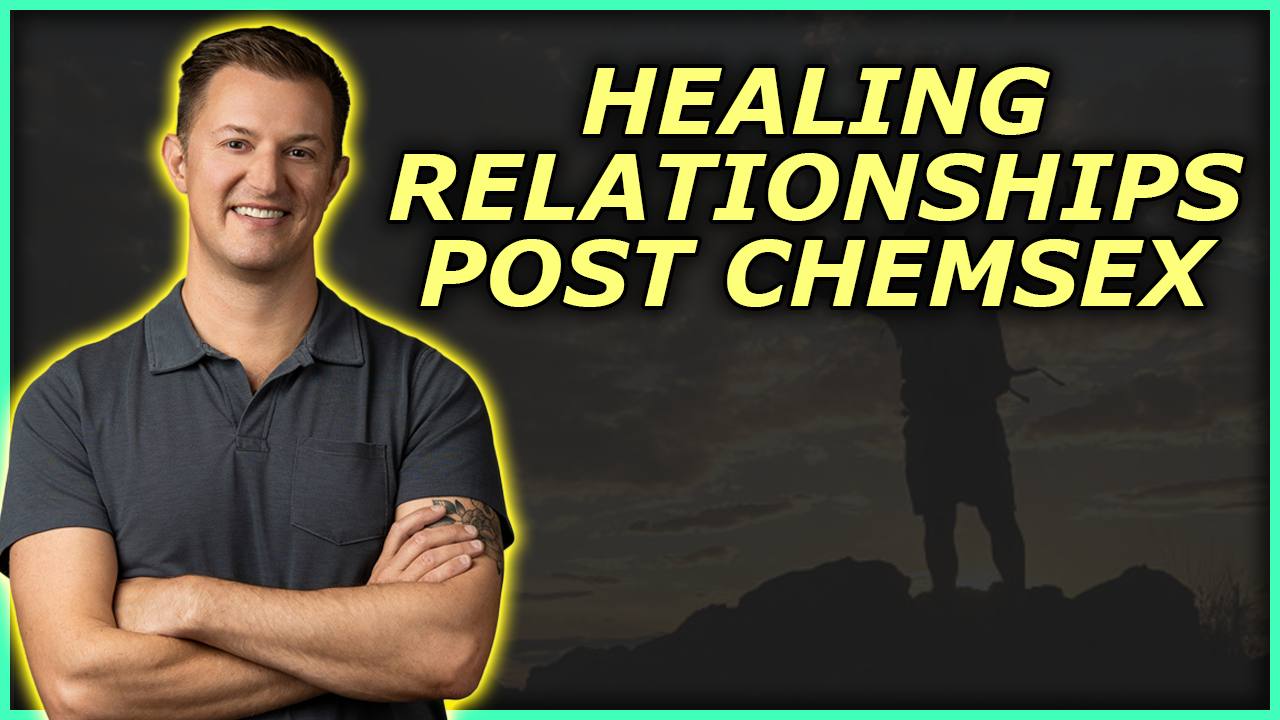
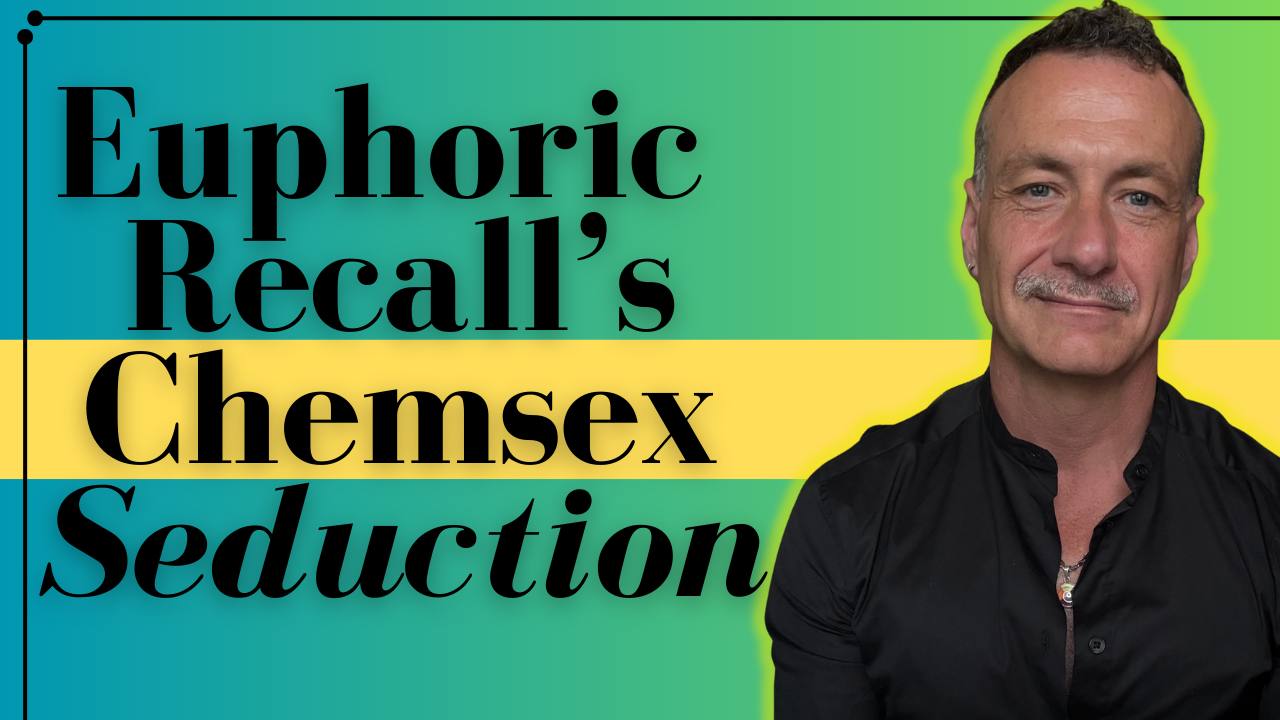
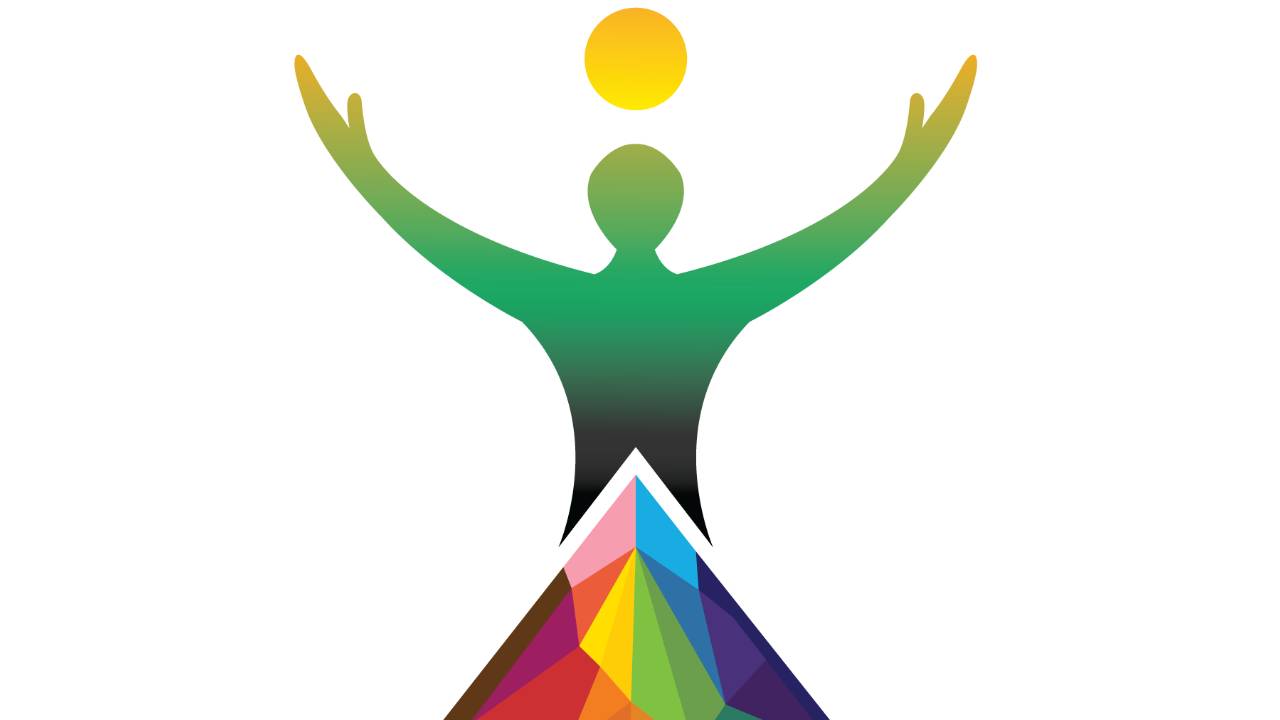
Responses